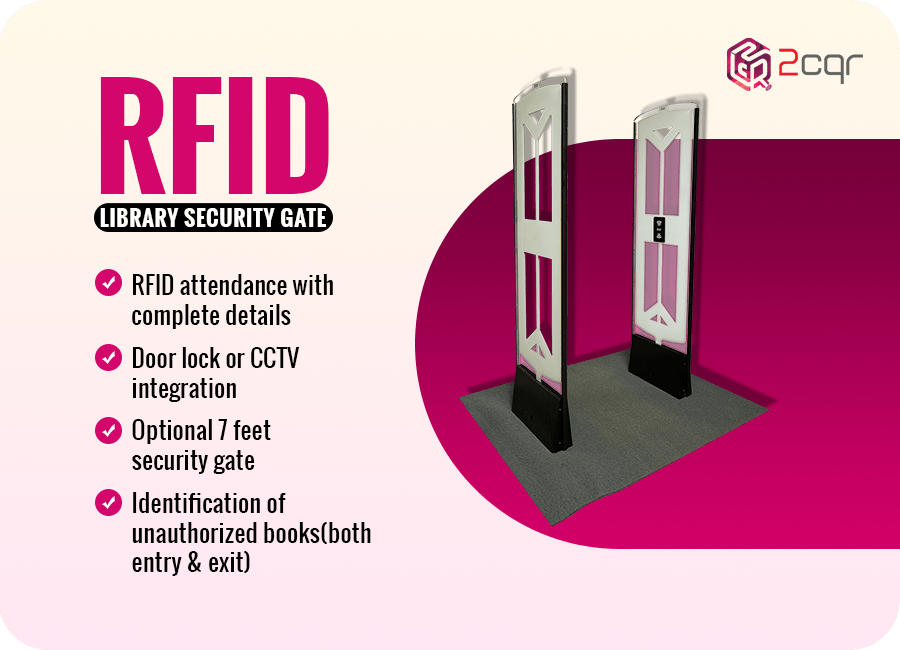
Library management is an essential task that goes beyond issuing and returning books. Libraries have the responsibility to take care of the best user experience with proper placement of inventory, faster check-in and check-outs. Unfortunately, these tasks are often challenging to accomplish with limited resources and staff members.
To overcome these challenges, libraries are increasingly adopting Radio Frequency Identification (RFID) technology that uses radio waves to transfer the data, identify and track the objects. This technology has been used in various industries for a while, including retail and manufacturing. However, its use in libraries is relatively new and has proven to be a game-changer in library management.
Adopting RFID technology in libraries allows for smoother operations without the involvement of too many resources
While RFID for library offers significant advantages when you adopt the right RFID solutions to ensure optimal performance. Here are some factors to evaluate before adopting RFID technology in libraries:
Customised Solutions
Libraries should partner up with trusted and potential suppliers who can understand the challenges involved in current library management and tailor RFID solutions to meet their specific needs.
High-quality RFID tags
Since almost all library operations depend on the data transmitted by RFID tags, it is crucial to choose high-quality tags that can withstand wear and tear and hard situations for smoother operations in the long run
Security measures
It is crucial for the libraries to check the security measures adopted by the RFID vendors are upto the market standards or not to protect the confidentiality of patrons’ data. Ignoring the privacy of user data means neglecting the reputation
Experience and Expertise of RFID Suppliers
Libraries should associate with reliable RFID suppliers who have experience not only in implementing RFID solutions but, capable enough to offer the right guidance on whats required for your issues and whats not, which reduces the unnecessary expense and helps in implementing more effective solution.
Staff Potential
Libraries should Analyse the potential of staff members to ensure that they are capable enough to cope up with latest technology despite adequate training to make use of the RFID technology effectively
Compatibility and ROI
Libraries should discuss with RFID suppliers regarding the compatibility of your existing library management software with RFID technology to purchase the additional software as required. Also, you should analyse the cost of implementing RFID technology and ensure that the return on investment is satisfactory before adopting RFID in libraries.
In conclusion, adopting RFID technology in libraries is a game-changer in library management. It enables libraries to achieve smoother operations, faster checkouts, and accurate record-keeping. More importantly, it enables libraries to ensure the safety and security of their valuable resources. While the installation of RFID technology may be expensive, it is worth the investment if libraries consider the right factors before adopting the technology.


